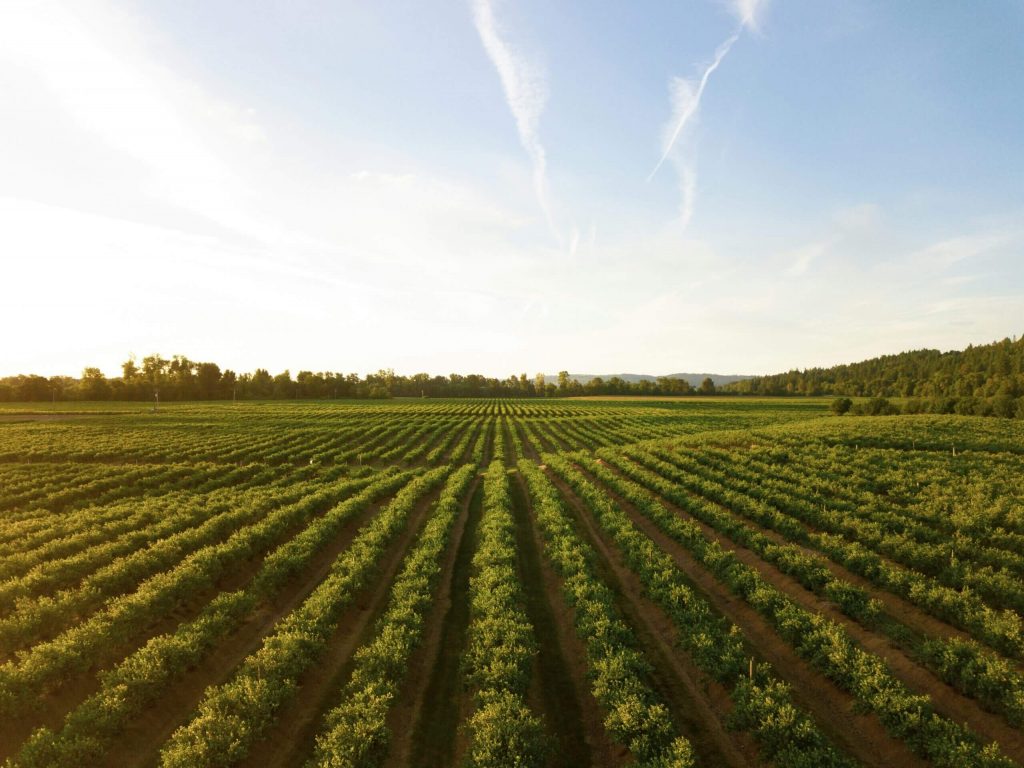Agriculture plays a crucial role in the economic development of African countries, providing employment opportunities and contributing to food security. However, many African communities still face challenges in achieving high agricultural productivity due to limited access to modern technologies. Fortunately, there are several technological innovations that can be applied to improve agricultural practices and enhance productivity in these communities.
1. Mobile Applications
Mobile applications have revolutionized various industries, and agriculture is no exception. These applications provide farmers with valuable information on weather patterns, crop diseases, market prices, and best farming practices. By accessing these applications on their smartphones, farmers can make informed decisions, optimize their farming techniques, and increase their yields.
2. Drones
Drones have gained popularity in the agricultural sector due to their ability to collect data and monitor crops efficiently. Equipped with high-resolution cameras and sensors, drones can capture images and collect information about crop health, irrigation needs, and pest infestations. This data can then be analyzed to identify areas that require attention, enabling farmers to take timely action and prevent potential losses.
3. Precision Farming
Precision farming involves the use of advanced technologies such as GPS, sensors, and robotics to optimize agricultural practices. These technologies enable farmers to monitor and manage their crops more precisely, resulting in improved resource efficiency and reduced environmental impact. For example, GPS-guided tractors can ensure accurate planting and fertilization, while sensors can provide real-time data on soil moisture and nutrient levels.
4. Internet of Things (IoT)
The Internet of Things (IoT) has the potential to transform African agriculture by connecting various devices and systems to collect and analyze data. IoT-enabled sensors can monitor soil moisture, temperature, and humidity levels, providing farmers with valuable insights for irrigation and crop management. Additionally, IoT can facilitate remote monitoring of livestock, helping farmers detect health issues and prevent disease outbreaks.
5. Vertical Farming
Vertical farming is a modern agricultural technique that involves growing crops in vertically stacked layers, often in controlled environments such as greenhouses or indoor facilities. This approach maximizes land use efficiency and reduces water consumption. Vertical farming can be particularly beneficial in urban areas where land is limited, allowing communities to produce fresh produce locally and sustainably.
6. Blockchain Technology
Blockchain technology has the potential to revolutionize agricultural supply chains, ensuring transparency and traceability. By recording and verifying transactions in a decentralized and immutable manner, blockchain can help prevent fraud, reduce food waste, and ensure fair prices for farmers. This technology can also enable farmers to access financial services and loans, improving their financial inclusion and overall livelihoods.
7. Solar-Powered Irrigation
Many African communities face challenges in accessing reliable electricity for irrigation purposes. Solar-powered irrigation systems can provide a sustainable solution by harnessing the abundant sunlight in the region. These systems use solar panels to generate electricity, powering pumps that draw water from wells or rivers. Solar-powered irrigation can enhance water efficiency and reduce dependence on fossil fuels, making it an environmentally friendly option for farmers.
In conclusion, technological innovations have the potential to transform African agriculture and address the challenges faced by farming communities. Mobile applications, drones, precision farming, IoT, vertical farming, blockchain technology, and solar-powered irrigation are just a few examples of the technologies that can improve agricultural productivity in African communities. By embracing these innovations, African farmers can enhance their yields, reduce resource wastage, and contribute to sustainable economic development.

